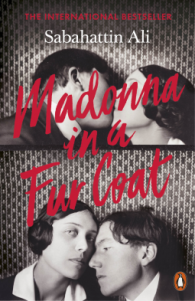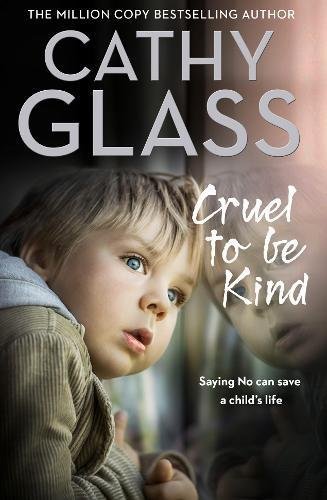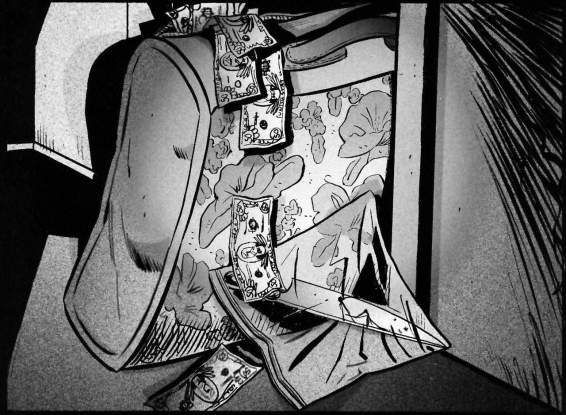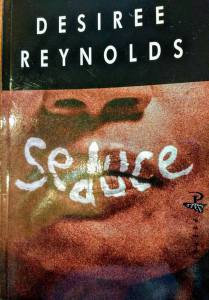 Title: Madonna in a Fur Coat
Title: Madonna in a Fur Coat
Author: Sabahattin Ali
Publication Date: February 2, 2017
Publisher: Penguin Classics
Rating: ★★★/ 3 Stars
Genre: Classic, Adult, Turkish fiction
Her dark eyes were lost in thought, absently staring into the distance, drawing on a last wisp of hope as she searched for something that she was almost certain she would never find.
—I received an electronic advanced readers’ copy from NetGalley for free in exchange for an honest review.—
It’s very difficult for me to review Madonna in a Fur Coat because this isn’t just a novel. It’s considered a classic by the modern world. It has nuance,history and culture because of when it was written, by whom and who it represented. The storytelling takes you to places with very beautiful imagery and at some past point of my life; I’d have appreciated this far more than I did reading it now.
The story kicks up with the narrator finding a job due to the help of a friend. This part of the book interested me so much. The critical way the narrator thinks of people and life was intriguing. It’s at his newly acquired job that he is acquainted with Raif Efendi. Efendi is an old man who’s not very respected by the very friend who hires the narrator. Yet, Efendi has this aura around him that draws the interest of the narrator. Due to Efendi’s frequent bouts of sickness, the narrator frequents his house and comes to know Efendi’s family. Much like the company’s employees, he’s mistreated by his own kin. This part broke my heart a bit because it felt so real.
The real story of the Madonna is an actual recollection of Efendi’s memory of his life and when he met the said Madonna. Set in the forties, young Efendi stays in Berlin, Germany thanks to his father financing his “tutoring” at a soap factory, but Efendi has more than soap on his mind. He visits everywhere from parks and museums to art exhibitions. He’s hungry for the culture and is mentioned to be an avid reader. He teaches himself German by taking lessons, even. It’s during his visits to an exhibit that he comes across the Madonna. Efendi is taken by the Madonna so hard that he cannot even raise his eyes to recognize the very same woman talking to him.
Here’s where we’re introduced to Maria Puder. This is where I found reading very difficult because of how Maria is written. Maria is an artist but she’s portrayed as whimsical, moody and confusing. Since this is from Efendi’s point of view, I did worry that his feelings for her blurred the way he saw her. Moreover, she’s a struggling performer at a not very respected club and it’s where Efendi finds her after following her on the street.
A worrisome thing is how Maria speaks of her feelings towards people. She tells Efendi not to demand anything from her, especially since she knew of how much he feels romantically for her. She talks about never feeling anything for men in a romantic way because she’s been aware of how misogynistic men are her whole life. This is not a bad point, but then she goes on to dismiss the idea that she could ever be with a woman… because that’s not “normal,” and she was not going to go against nature. I don’t see why it’d had been so necessary to add this bit as it didn’t add nuance to Maria besides paint her as homophobic. This isn’t even picked up again, so it truly felt plain harmful to a reader who’d pick this up unknowingly.
The book proceeds to tell the story of Efendi and Puder’s friendship. This bit in the book is beautifully written especially from Efendi’s point of view. Puder entrusts him with so much of her opinions and their friendship feels important to him. They even go dancing on New Year’s Eve despite their lack of interest in dancing. They view other people their age (I presume they’re in their early to mid twenties) as not serious and endulging in sexual pleasures to the point of losing themselves.
I felt as if their friendship is constantly tested; when Maria catches an illness that leaves her bedridden; when their need to connect to another person lands them in bed together; when Efendi’s insecurities get to him.
There’s a bit where Efendi contemplates suicide while on the phone with Mariam… just to hurt her. If anything, this bit of revenge reflects Efendi’s growing disgruntlement with life. I got the feeling that he’d been so frustrated by the world’s intense need for him to change himself since he’s seen as the opposite of what toxic masculinity instills in men of his generation. I quite related to this point, but the delivery of Efendi’s thoughts was startling.
The book does reflect the youth living in Germany between the two world wars but I didn’t get enough talk about the war preceding the events of this book seeing as there weren’t many characters beside Efendi, Maria and the narrator, who doesn’t comment on Efendi’s journey. The theme of lost chances is big in this novel. The way Maria was written did worry me, however, seeing as there’s even sexual assault that isn’t addressed. The scene occurs when someone grabs and kisses her neck as she stands there talking to Efendi in the club. Yet again, she dismisses it as part of life. It’s what’s expected of her. This kind of thinking is very harmful.
Overall, we need more critical thinking. This book had its beauty but it had microaggressions that need addressing.
This is my first classic in years. Are classics the kind of books you enjoy reading? Why? Advertisements Share this:




